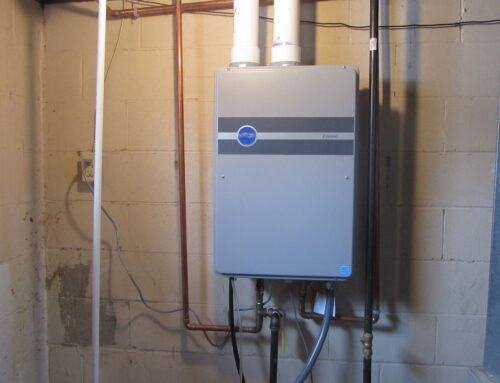4 Reasons Why Your Water Heater Is Leaking From The Bottom
Top 100 HVAC Blog Post
Although seeing water flowing from your hot water tank is terrifying, water heaters can leak from the bottom for a variety of reasons, some of which are more significant than others.
While a leaky water heater may require immediate replacement to avoid serious water damage to your property, a leaking water heater may be a straightforward and inexpensive fix. Make sure you understand the differences – use this guide to figure out why your water heater is leaking from or near the bottom.
Why Is The Bottom Of My Water Heater Leaking?
Valve for Temperature and Pressure (T&P)
A discharge line runs from the top to the bottom of your water heater, connecting the temperature and pressure relief valve to the discharge pipe. If the heat and water pressure inside the tank become too high, it can discharge a small amount of water. The drain pan, which you should have built under your water tank, will readily catch the small amount of liquid that drips out.
The temperature pressure relief valve, on the other hand, is a crucial component, so have it examined by a professional as soon as possible if it’s leaking.
Drain Valve
Flush your hot water heater via the drain valve at least once a year to avoid mineral sediment buildup. (This will extend the life of your water heater and improve its performance.) It’s possible that if the tank is leaking from the bottom, it’s because the drain valve was left partially open. If simply closing the drain valve does not stop the leak, the valve may need to be replaced since it has been damaged.
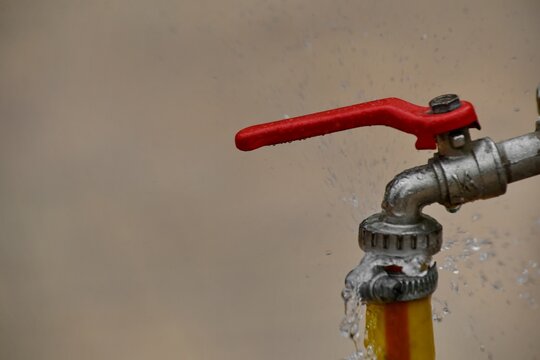
The Tank Has A Problem
Mineral silt can accumulate to the point that the metal of the water heater tank begins to corrode if you don’t flush your water heater for several years. Finding your hot water to be far too hot is an early sign.
This eventually results in leaking from the tank’s bottom. This type of leak is a major problem that is almost always impossible to fix. It’s possible that installing a new water heater is your only alternative.

Connections to the Inlet and Outlet
The two water supply lines — the inlet, which enables cold water into the tank, and the outlet, which allows hot water to pass through your house plumbing system — might become loose over time, resulting in a leak.
It’s a simple DIY modification to tighten the connection. However, if your water heater continues to leak, the water lines may need to be replaced.
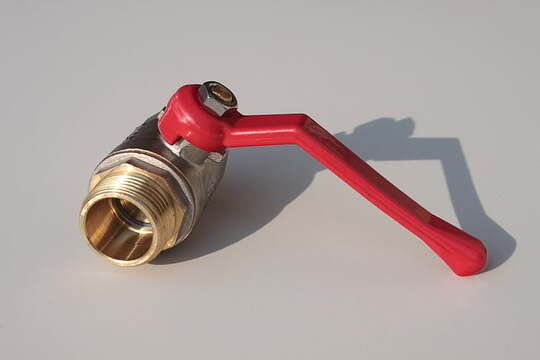
What Should You Do If Your Water Heater Leaks?
When you’ve determined that your hot water tank is leaking, assess the issue and follow these instructions.
1. Determine the source of the leak.
Don’t become so alarmed by the puddle of water on the floor that you fear your hot water heater is ready to blow up. Instead, look about the water heater and the surrounding area for where the liquid is dripping and try to locate it. It could be coming from another equipment in your basement, such as the drain pipe for your furnace.
Determine which part of your water heater is causing the leak if you’re certain it’s the cause of the leak. Once you’ve narrowed it down, take a snapshot of the source to aid the plumbing or HVAC company in troubleshooting the issue.

2. Shut Off The Water Source
Switch off the water inlet line and the outlet (if you have) found at the top of the heater’s lever or valve. Because you won’t have the nightmare scenario of hot water seeping out the bottom of the tank while a fresh supply of water is piped into the top, you’ll be able to regulate your water bill and any water damage to your property.
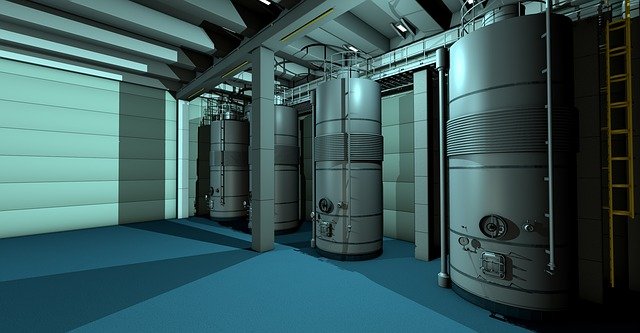
3. Turn off the gas or electricity.
Avoid increasing an already hazardous situation. Turn off the power or gas source to your water heater, whether it’s electric or natural gas, which some may have both, for safety’s sake. Use the control dial or the gas valve on the side of your gas water heater to turn off the gas. At your circuit breaker box, turn off the power.
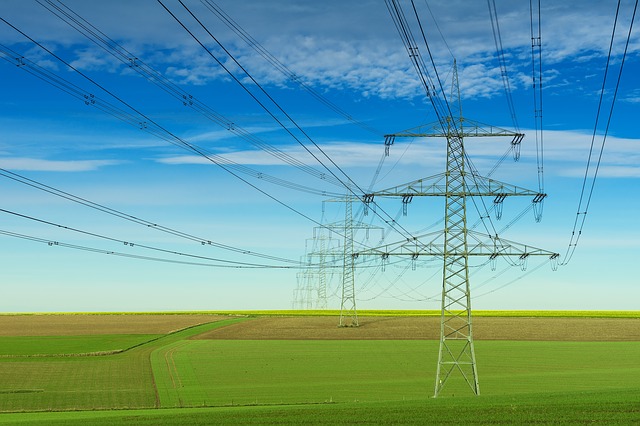
4. Look for a Reliable HVAC Service Company?
We can expose you to some of the most energy-efficient and cost-effective modern technology solutions currently available on the market as a licensed HVAC service provider. Earth Temp HVAC, Inc. not only are we an accredited company with the Better Business Bureau, we also provide high-quality equipment with unbeatable warranties and exceptional installation services and repair services all at affordable pricing. We have locations in Homer Glen, IL. and Rolling Meadows, IL. to better serve our customers, and if you are interested in learning more about high-efficiency furnaces, air conditioners or any of the equipment we work with, please contact us now to discuss the numerous options available to you and your house.








